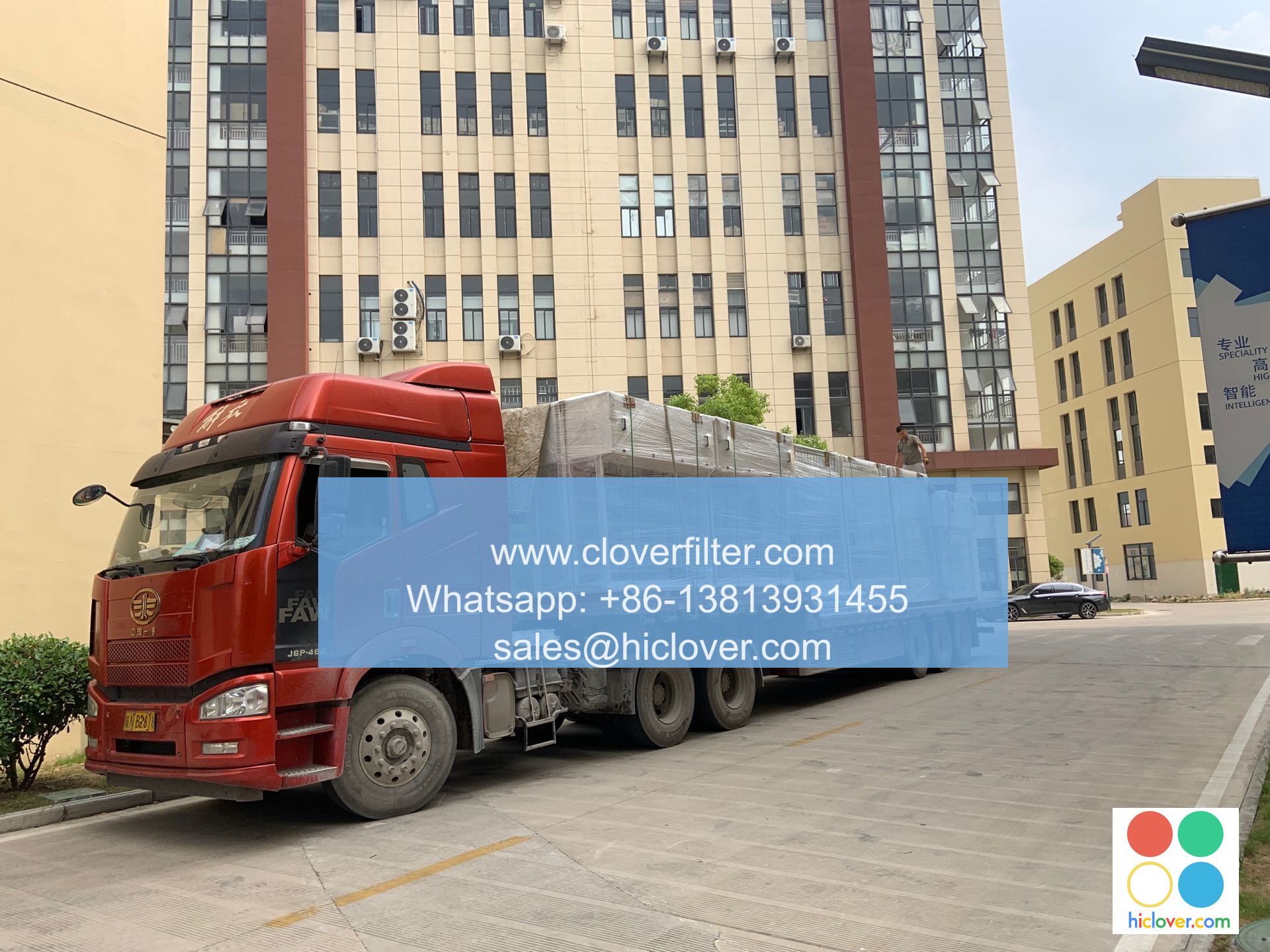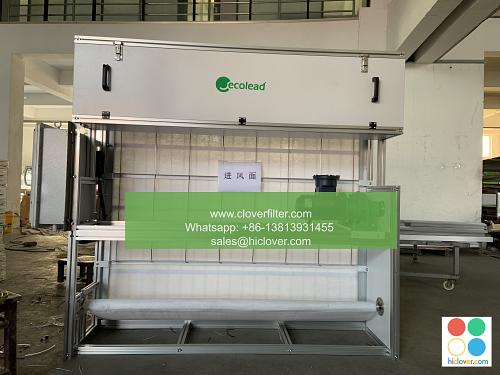Comparing Air Filter Platforms: Which One Is Right for You?

As the world becomes increasingly aware of the importance of indoor air quality, the demand for efficient air filter platforms has skyrocketed. With numerous options available in the market, it can be overwhelming to choose the right one for your specific needs. In this article, we will delve into the world of air filter platforms, exploring their key features, application areas, and benefits, to help you make an informed decision.
Types of Air Filter Platforms
There are several types of air filter platforms, each catering to different requirements and environments. Some of the most common ones include:
* HEPA (High Efficiency Particulate Air) filters, which are designed to capture 99.97% of particles as small as 0.3 microns, making them ideal for residential, commercial, and industrial settings.
* Activated Carbon filters, which are perfect for removing odors, gases, and vapors from the air, making them suitable for kitchen, bathroom, and indoor growing applications.
* UV (Ultraviolet) filters, which use ultraviolet light to kill bacteria, viruses, and mold, making them ideal for healthcare, food processing, and water treatment industries.
* Electrostatic filters, which use an electrostatic charge to attract and trap particles and pollutants, making them suitable for home, office, and industrial settings.
Key Features to Consider
When choosing an air filter platform, there are several key features to consider, including:
* Filter efficiency: Look for filters with high efficiency ratings, such as HEPA or MERV (Minimum Efficiency Reporting Value).
* Filter lifespan: Consider the lifespan of the filter and the cost of replacement filters.
* Airflow rate: Choose a filter that can handle the airflow rate of your specific application.
* Noise level: If you plan to use the filter in a residential or commercial setting, look for one with a low noise level.
* Energy efficiency: Consider the energy consumption of the filter and its impact on your energy bill.
Application Areas
Air filter platforms have a wide range of applications, including:
* Indoor air quality improvement: Use air filters to remove pollutants, allergens, and odors from the air, improving the overall indoor air quality.
* Industrial processes: Use air filters to remove hazardous particles and gases from the air, ensuring a safe working environment.
* Healthcare: Use air filters to remove bacteria, viruses, and mold from the air, reducing the risk of infections and outbreaks.
* Food processing: Use air filters to remove contaminants and odors from the air, ensuring a safe and healthy food processing environment.
Conclusion
Choosing the right air filter platform can be a daunting task, but by considering the key features and application areas, you can make an informed decision. Whether you’re looking to improve the indoor air quality in your home, or ensure a safe working environment in an industrial setting, there’s an air filter platform out there for you. Remember to consider the filter efficiency, filter lifespan, airflow rate, noise level, and energy efficiency when making your decision, and don’t hesitate to reach out to a professional if you need further guidance. It looks like you didn’t include a prompt. Please go ahead and provide one, and I’ll be happy to help!

